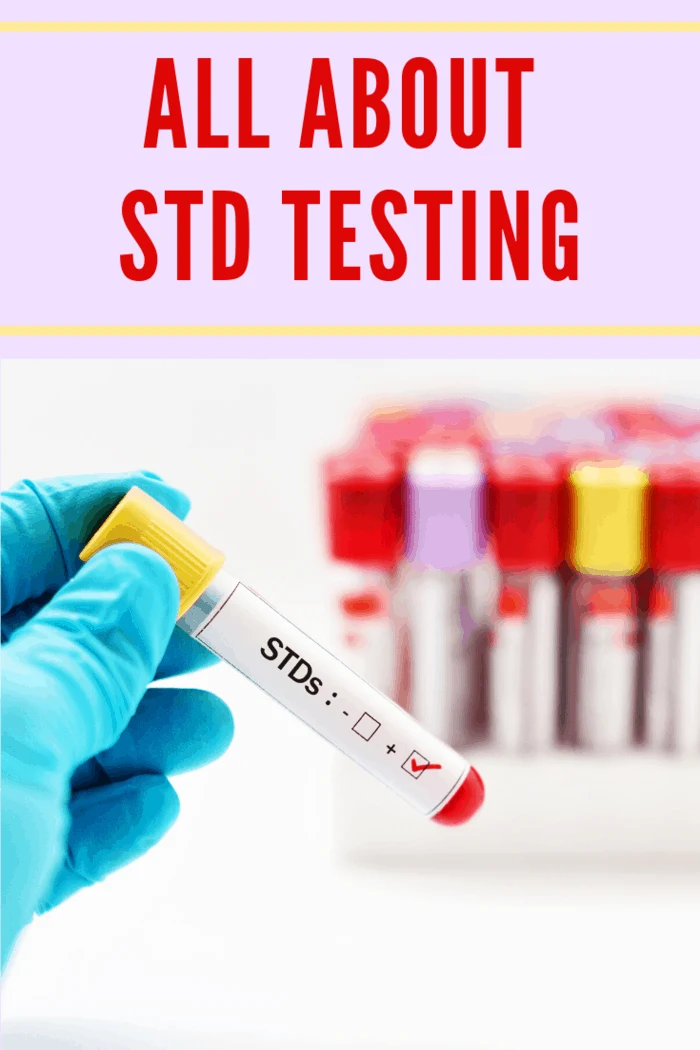All about STD Testing
If they are not treated on time, Sexually Transmitted Diseases (STDs) can cause serious health issues, including infertility, cancer, organ damage, and even blindness. Yet STDs are quite a common occurrence. In the US alone, about 20 million new cases of STD are reported every year.
Unfortunately, a lot of people do not get prompt treatment for Sexually Transmitted Diseases. This is because many STDs do not have any apparent symptoms, making them difficult for people to notice.
Besides, social stigma around STDs discourages a lot of people from getting tested. But STD testing is the only way a person can know if they have a sexually transmitted infection. Therefore, it is important for you to talk to your care provider to learn if you should get tested for any STD.

Who Should Be Tested for STDs
If you are sexually active, getting tested for STDs is a good idea. It is particularly important to be tested for STDs if:
You are about to get into a new sexual relationship
You and your partner want to start having unprotected sex
Your partner has multiple sexual partners or has cheated on you
You have several sexual partners
You have any signs or symptoms that suggest that you could be having an STD
However, if you are in a mutually monogamous intimate relationship and you and your partner tested negative for all STDs before getting into the relationship, then regular STD testing may not be necessary for you.
But in most cases, people do not get STD tests before getting together, and it is not always possible to tell if the other partner has been 100 percent faithful. If this is the case with your relationship, it is possible that one or both of you have been having an undiagnosed STD for years. Therefore, the safest decision is to get tested.
What STDs should You Be Tested For
There are several known sexually transmitted diseases. You can talk to your doctor to learn which ones you should get tested for. Based on your sexual history and your risk factors, your doctor may advise you to get tested for one or several of the following:
Gonorrhea
Chlamydia
Human Immunodeficiency Virus (HIV)
Hepatitis B
Syphilis
Trichomoniasis
Do not assume that your doctor will test you for STIs at your annual gynecologic checkups; it is important for you to ask your doctor to carry out the tests. By getting regular tests, you will be in a better position to get treated on time before your situation gets out of hand.
The Takeaway
Overall, it is apparent that the importance of STD tests to the overall women's health cannot be overemphasized. They ensure that any STI that you could have contracted recently is treated early when the infection is still localized and before it can lead to further complications.

Comments
Post a Comment